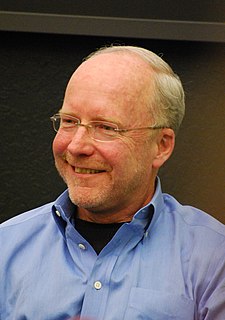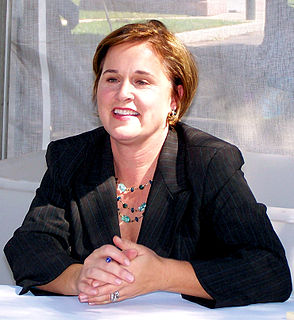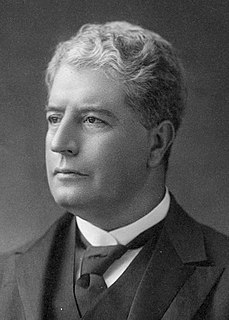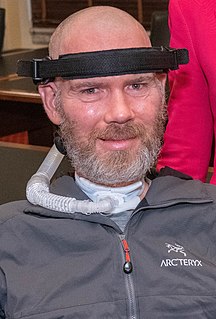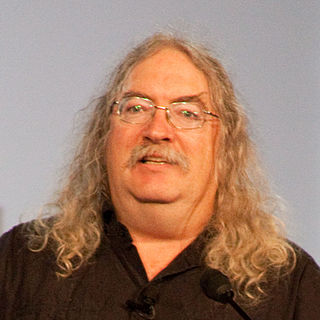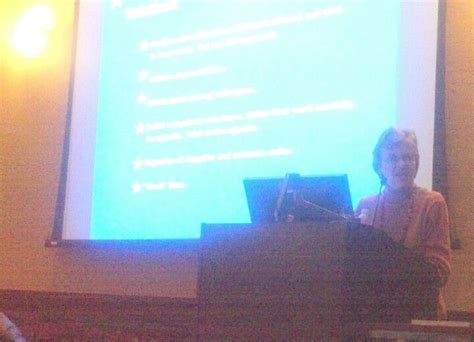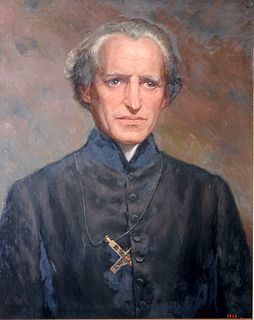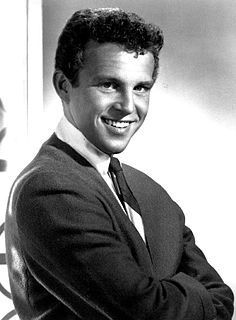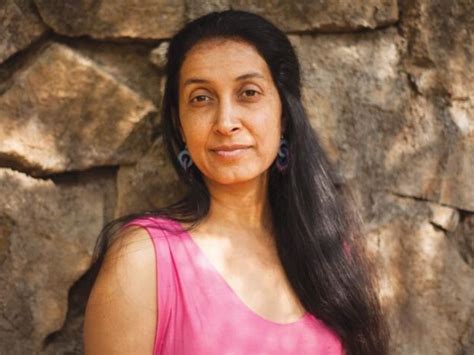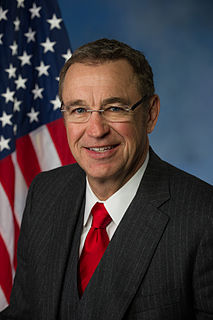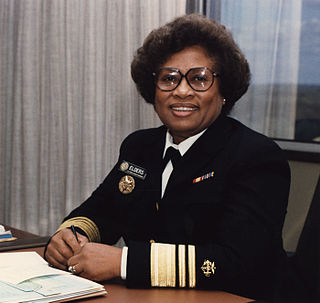Top 1200 Technology And Education Quotes & Sayings - Page 19
Explore popular Technology And Education quotes.
Last updated on November 16, 2024.
I'm a woman in technology, I think that we have to consider our border and use the technology we have to be sure that we secure it. If you build a six foot wall, somebody may jump eight feet. But, maybe there's surveillance... there's many high tech things that we can use to be sure we are protecting our borders.
We have to do away with a false and misleading dualism, one which abstracts man on the one hand and technology on the other, as if the two were quite separate kinds of realities.... Man is by nature a technological animal; to be human is to be technological.... When we speak of technology, this is another way of speaking about man himself in one of his manifestations.
I have mixed feelings about how fast things are changing as a result of technology. There's no denying that through technology there are amazing things being created that help people with diseases or help people's dreams come true. But there's also this obsession. Social media is the most dangerous of them all.
The difficulty in today's world is our technology and science has outrun our theological advances. The reason for that is in technology and science, we have had the courage to ask the single question that theology has been afraid to ask: "Is it possible that there's something I don't know about this, the knowing of which would change everything?"
My hope is that digital technology will level things out more and that it will eventually eliminate favoritism. But technology cannot do it alone. The audience has to become more discriminating as well and not buy into every big tentpole movie because they have been brainwashed into thinking that's the movie to see.
Critics worry that if we spend time paying attention to that new kind of media or technology instead of talking to each other that that is somehow isolating. But humans are fundamentally social. So I think in reality, if a technology doesn't actually help us socially understand each other better, it isn't going to catch on and succeed.
Education spurs growth and unlocks potential. After all, a single year of primary education creates a 10 to 20 percent increase in a woman's wages later in life. Education lowers the risk of disease and decreases the likelihood that a child will fall into violence and crime. And a child born to a literate mother is 50 percent more likely to survive past age five. No country has achieved sustained growth without at least 40 percent literacy for its adults.
[To the cultures of Asia and the continent of Africa] it is the Western impact which has stirred up the winds of change and set the processes of modernization in motion. Education brought not only the idea of equality but also another belief which we used to take for granted in the West-the idea of progress, the idea that science and technology can be used to better human conditions. In ancient society, men tended to believe themselves fortunate if tomorrow was not worse than today and anyway, there was little they could do about it.
Furthermore, we believe that health care reform, again I said at the beginning of my remarks, that we sent the three pillars that the President's economic stabilization and job creation initiatives were education and innovation - innovation begins in the classroom - clean energy and climate, addressing the climate issues in an innovative way to keep us number one and competitive in the world with the new technology, and the third, first among equals I may say, is health care, health insurance reform.
What the new fertilizer technology has accomplished for the farmer is clear: more crop can be produced on less acreage than before. Since the cost of fertilizer, relative to the resultant gain in crop sales, is lower than that of any other economic input, and since the Land Bank pays the farmer for acreage not in crops, the new technology pays him well. The cost-in environmental degradation-is borne by his neighbors in town who find their water polluted. The new technology is an economic success-but only because it is an ecological failure.
Oculus really started popularizing a new approach using cellphone screen technology, a wide field of view, and super-low-latency sensor tracking. It's not crappy stuff that doesn't work and makes everybody sick. When you experience Oculus technology, it's like getting religion on contact. People that try it walk out a believer.
The Japanese don't write in alphabetic writing; they write in pictographs. So they never became visual, they stayed in the oral world, which is, everything is part of reality. Which means that they can accept any new technology? - ?it's not threatening to them, and they can still continue to maintain their traditional culture, even in the face of high technology.
If you're using technology in a way that opens out conversation in your family, with your friends, with people you care about, I'm for that. But if you're using technology to silence the conversations with the people around you, then you have to create sacred spaces in your home, the kitchen, the dining room, the car.
Just as the education of nerve and sinew is vital to the excellent athlete and education of the mind is vital to the scholar, education of the conscience is vital to the truly proactive, highly effective person. Training and educating the conscience, however, requires even greater concentration, more balanced discipline, more consistently honest living. It requires regular feasting on inspiring literature, thinking noble thoughts and, above all, living in harmony with its still small voice.
